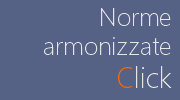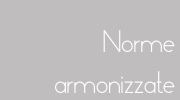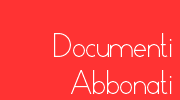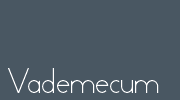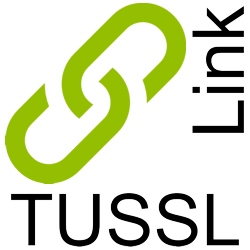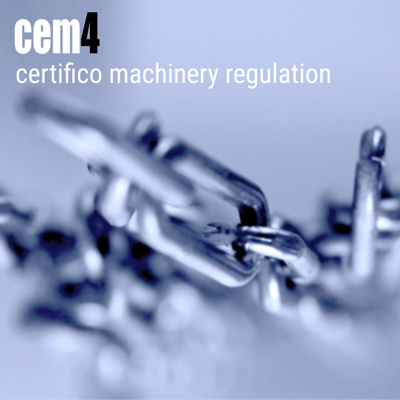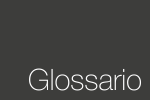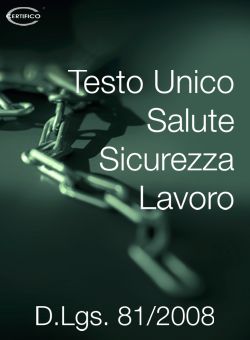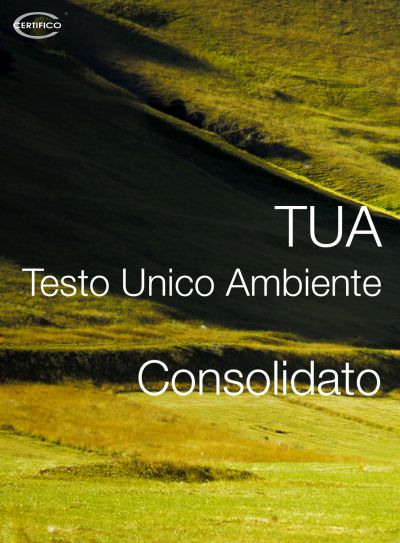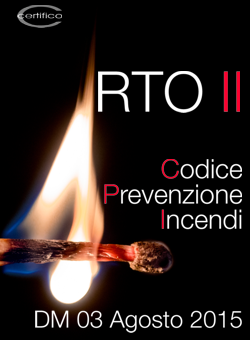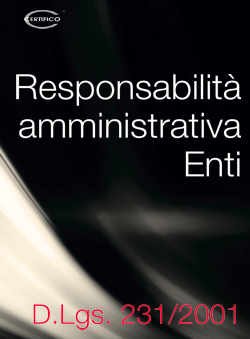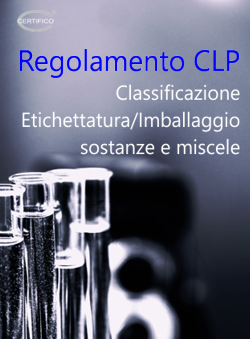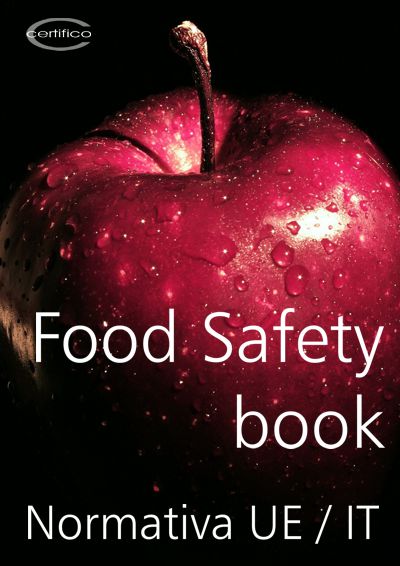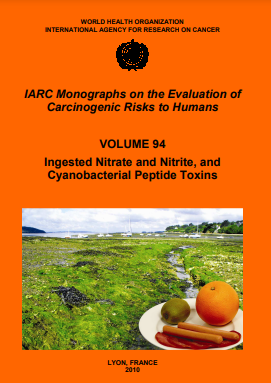IARC Monographs Volume 94
| ID 16301 | | Visite: 2847 | Documenti Chemicals Enti | Permalink: https://www.certifico.com/id/16301 |
IARC Monographs Volume 94 / Ingested Nitrate and Nitrite, and Cyanobacterial Peptide Toxins - Ed. 2010
ID 16301 | 01.04.2022 / In allegato
This ninety-fourth volume of IARC Monographs contains evaluations of the carcinogenic hazard to humans of ingested nitrate and nitrite, microcystins and nodularin. This is the first Monographs review of these agents, which were nominated as high priorities for future evaluation by the most recent Advisory Group (IARC, 2003).
In view of the body’s conversion of nitrate to nitrite and then to N-nitroso compounds, interpretation of the epidemiological studies on nitrate/nitrite ingestion was aided by mechanistic information on factors that accelerate or inhibit this conversion.
Some epidemiological studies of high nitrate ingestion primarily from vegetables found reduced risks of gastric cancer, while other studies of nitrate/nitrite ingestion from nitritepreserved meats found increased risks.
Mechanistic studies show that the formation of Nnitroso compounds is accelerated by the presence of nitrosatable compounds (found in meat) and inhibited by vitamin C and other antioxidants (found often in vegetables).
These inferences about N-nitrosamine formation are consistent with the epidemiological studies that examined interactions between nitrite and antioxidants and with the animal bioassays that investigated various combinations of nitrate/nitrite, nitrosatable compounds, and antioxidants.
The cancer hazard from nitrate/nitrite ingestion cannot be determined without considering these other factors. Accordingly, the Working Group defined the agent not as “ingested nitrate or nitrite”, but as “ingested nitrate or nitrite under conditions that result in endogenous nitrosation”. This marks the first use of a mechanistic event (endogenous nitrosation) leading to carcinogenesis in the wording of an evaluation statement.
...
Ingested nitrate or nitrite under conditions that result in endogenous nitrosation is probably carcinogenic to humans (Group 2A).
add more in attachment
Collegati
La contaminazione da nitrati nelle acque: applicazione
Zone Vulnerabili da Nitrati di origine agricola (ZVN): Quadro normativo e Documenti
Relazione Direttiva 91/676/CEE Nitrati
| Descrizione | Livello | Dimensione | Downloads | |
|---|---|---|---|---|
| IARC Monographs Volume 94.pdf IARC 2010 |
4775 kB | 3 |


































